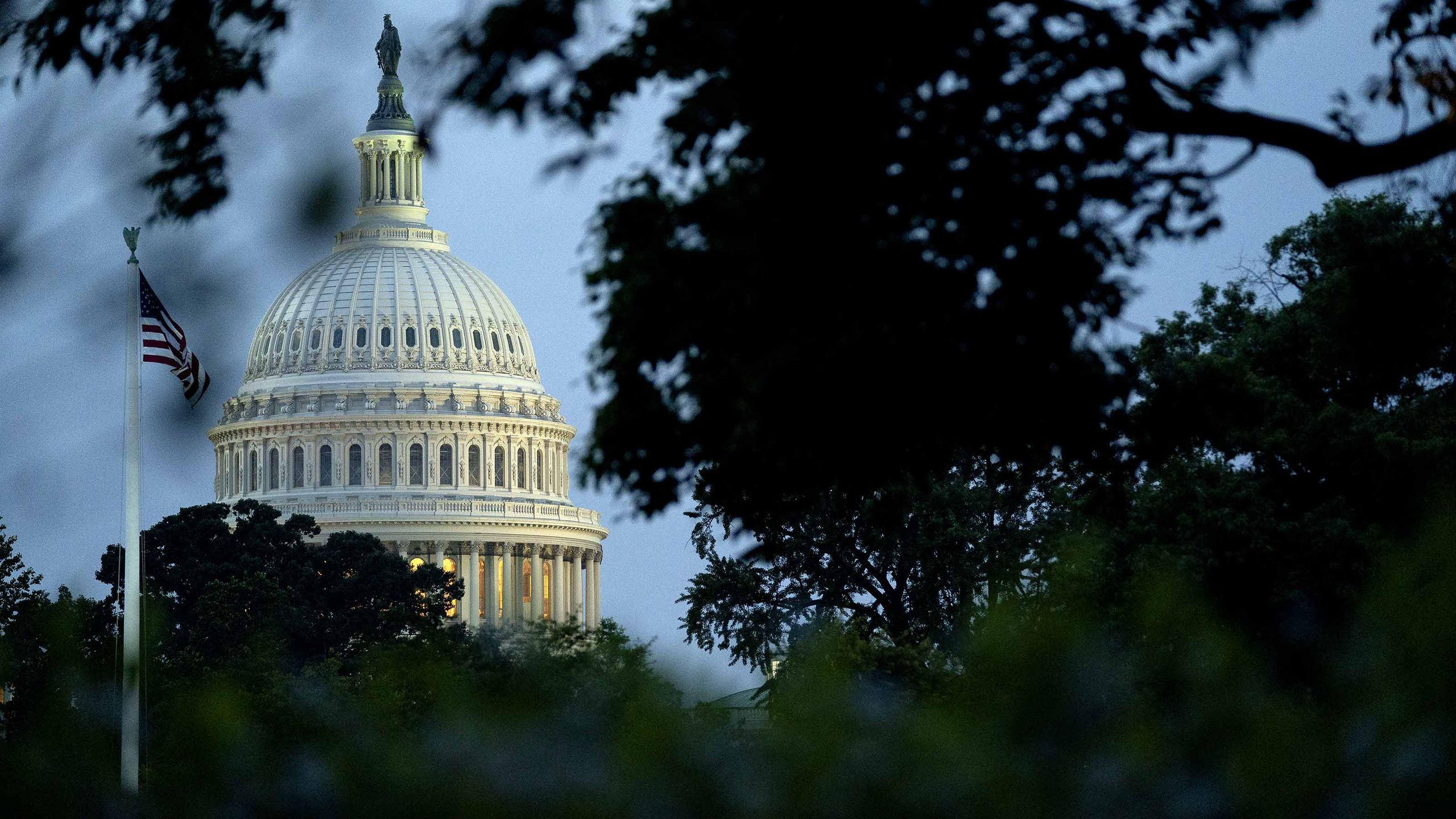Copyright New York Magazine

Off-year gubernatorial elections are often treated as major bellwethers for the next presidential or midterm elections. So there’s a lot of interest in this year’s contests in New Jersey and Virginia. Both states have leaned Democratic at the presidential level in recent years; Republicans last carried Virginia in 2004 and haven’t won New Jersey since 1988. But both states also have a recent history of swinging against the party controlling the White House in gubernatorial contests. The non–White House party has carried 11 of the past 12 governor’s races in Virginia and eight of the past nine in New Jersey. The exceptional winners were Democrats Terry McAuliffe in Virginia in 2013 and Phil Murphy in New Jersey just four years ago. These states are not totally alike even though they often move in tandem. Virginia is the last state with a one-term limit on governors’ terms, which probably increases the “nationalization” of gubernatorial races since there are never any incumbents. They also have different demographics, though both states have significant non-white voting blocs and large and often political crucial suburbs. Until very recently, Virginia was thought to be a near lock for Democrat Abigail Spanberger, in part because she’s a suburban centrist running a well-oiled campaign against the erratic Republican lieutenant governor Winsome Earle-Sears. But the other factor was Virginia’s heavy federal-employee presence, which hurts Republicans thanks to the unparalleled hostility of the second Trump administration toward the so-called deep state (made vivid first by DOGE’s Elon Musk and then by OMB director Russell Vought, both big-time bureaucrat-haters). Virginia Republican despair has been at least temporarily dispelled by a scandal involving violence-laden texts by Democratic-attorney-general candidate Jay Jones. But the damage probably won’t extend much beyond Jones himself. There’s a different dynamic in New Jersey, though, where Democrat Mikie Sherrill is facing Jack Ciattarelli in the governor’s race. Ciattarelli significantly exceeded expectations and polls in his 2021 challenge to Murphy. And the president he is now firmly embracing, Donald Trump, cut his losing margin in the Garden State from about 16 points in 2020 to just under six points in 2024. As Ron Brownstein notes, this is one place (others are Texas and Florida) where you could discern a general broadening of the GOP coalition: Trump somewhat improved his showing in 2020 over 2016 among minority voters nationwide, especially those without a four-year college degree. In 2021, Ciattarelli in particular advanced further from those beachheads. He significantly narrowed Murphy’s advantage from 2017 in Passaic and Hudson, the two New Jersey counties with the largest share of Hispanic residents, and improved even in Essex, the county centered on Newark, which has a large Black population. In 2024, Trump ran even better than Ciattarelli in all three of those counties, even becoming the first GOP presidential nominee in the 21st century to win Passaic. In 2022, Democrats lost one highly marginal U.S. House seat in New Jersey after redistricting made it “redder.” But they did relatively well otherwise, which complicates the “trending red” narrative, unless you accept the GOP rationalization that this particular election was dominated by an abortion issue that has since receded in significance. More important, the idea that Ciattarelli will build on his gains in 2021 and Trump’s gains in 2024 to win in November involves ignoring the larger phenomenon of backlash against the party controlling the White House. Are Republicans in New Jersey somehow stronger now than Trump was in November 2024, when he lost New Jersey (albeit by “only” six points)? CNN’s Harry Enten uses favorability numbers to suggest that the always-unpopular Trump isn’t really more unpopular than he has ever been. But given the change of party control of the White House, it’s now Trump’s job-approval numbers that are more relevant, and they are not good, and that’s particularly true among the non-white voters who trended toward Trump in 2024. We don’t have that much publicly released New Jersey data, but nationally Trump’s 2024 gains were concentrated among the “low-propensity” voters least likely to turn out in a non-presidential election. It stands to reason that some of them won’t show up for an off-year gubernatorial contest. There is some talk that Sherrill is either running a bad campaign or is unexciting to Democratic-base voters — or both. But as Brownstein points out, Sherrill, like Virginia’s Spanberger, is a strongly positioned candidate this year: Spanberger and Sherrill are both centrist Democrats with national security backgrounds who were elected to the House of Representatives as part of the 2018 blue wave. Both have run careful, disciplined campaigns that have drawn criticism from some Democrats for failing to ignite much enthusiasm or passion, but also praise from analysts in both parties for avoiding missteps … Sherrill and Spanberger have each maintained a predominant focus on the cost of living. That contrasts with their Republican opponents, who have attempted to revive several of the wedge issues that have benefited the GOP in recent years. So why is there such pessimism, bordering on incipient panic, about Sherrill among Democrats? She has been comfortably leading in polls other than those taken by the notoriously pro-GOP Trafalgar-InsiderAdvantage and Quantus Insights outfits, and she’s leading even in those. But some Democrats fear the polls never entirely capture Trump or pro-Trump votes. Beyond that, there is something I can describe only as a sort of superstitious belief that Trump has changed everything, repealing all the rules we used to understand about how elections are won and lost. Check out this take on Sherrill by Politico’s Michael Kruse: What at the outset of her political ascent was a formula that looked like a model — former Navy helicopter pilot, former prosecutor, suburban mother moderate in ideology and mien — at this messier, storm-the-gates moment marked by economic populism and TikTok histrionics, often can feel as if it falls flat. “She’s playing the politics,” as twentysomething Jersey City mayoral candidate Mussab Ali put it, “of 2018.” And it’s 2025. Some of this angst about Sherrill could simply reflect intraparty tension that has little to do specifically with New Jersey, as younger and more outspokenly progressive Democrats yearn for the candidate nominations they feel centrists have squandered (though Sherrill dispatched a couple of them in the June primary). But you could also argue that Democrats are still in trauma over what happened nationally in 2024. Since they can’t believe a convicted felon campaigning on a pledge to seize authoritarian powers to pursue vengeance against his enemies actually won the presidency, they fear anything’s possible now, particularly if their candidates aren’t as loud and vicious as the president their opponents adore. Like Virginia, New Jersey is competitive enough that upsets are possible on November 4. But its Democrats should stop spooking themselves once Halloween has passed.



